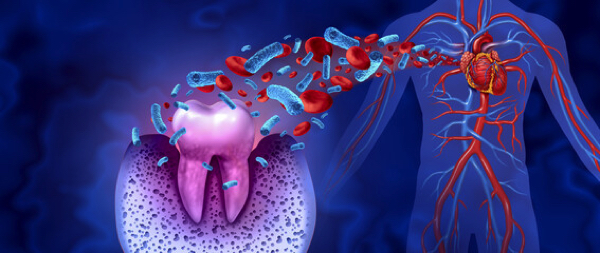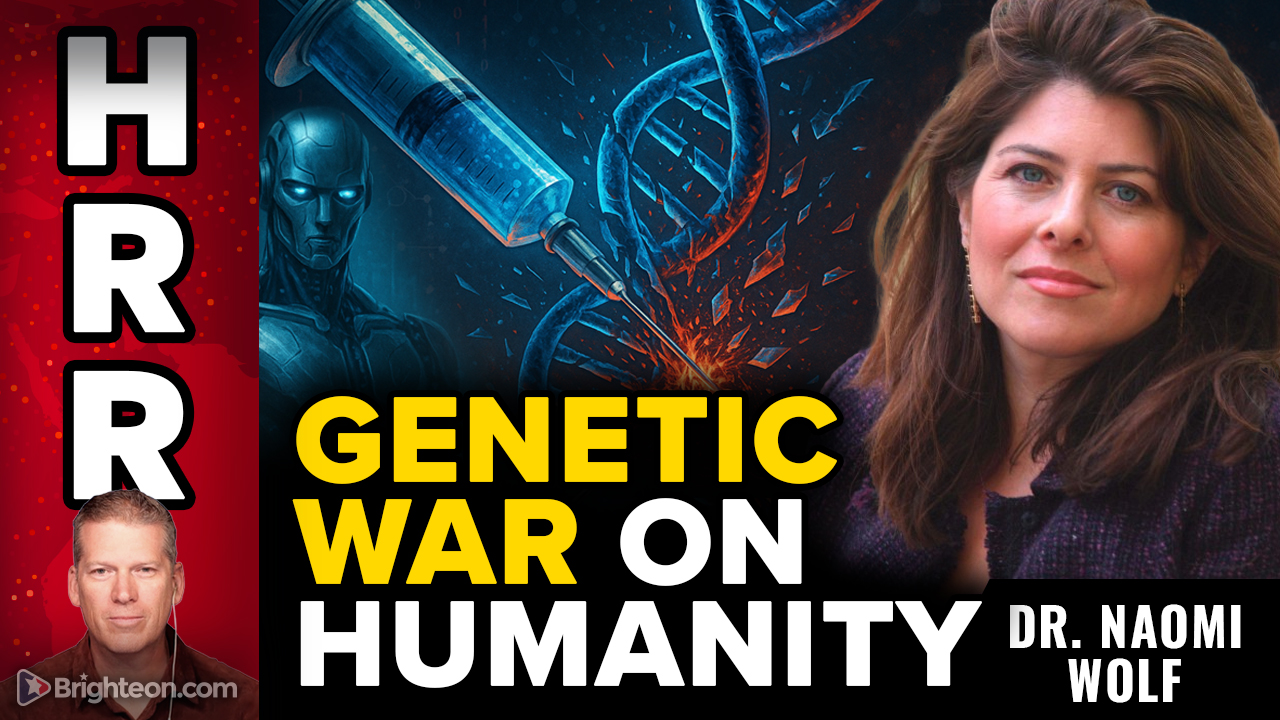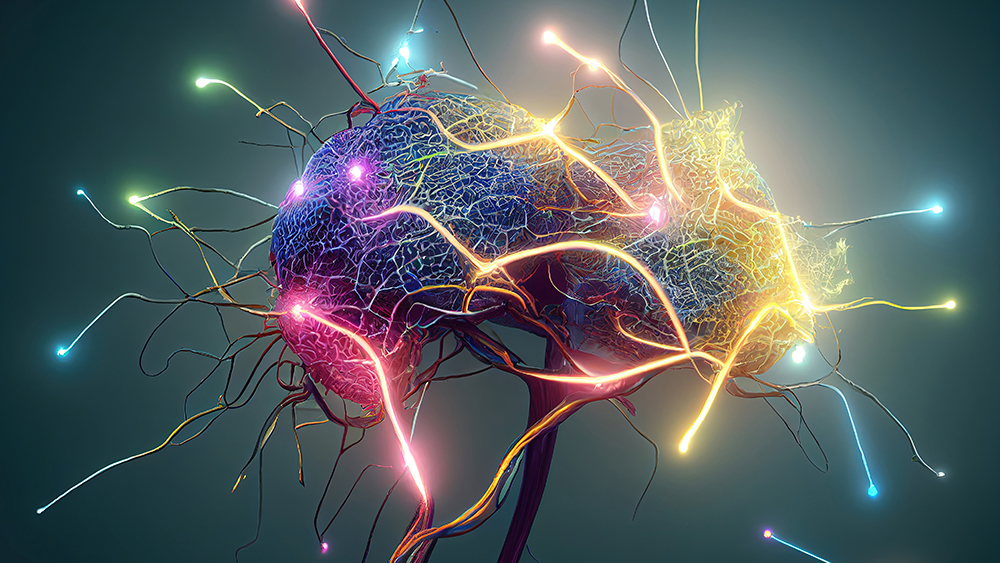The hidden culprits of chronic fatigue
10/22/2025 / By Willow Tohi

- A new study links specific blood molecules, influenced by diet and hormones, to excessive daytime sleepiness (EDS).
- Higher levels of certain omega-6 fatty acids and other metabolites were associated with greater alertness.
- Some compounds, like tyramine from aged and fermented foods, were linked to increased sleepiness, particularly in men.
- The findings suggest dietary adjustments could be a future strategy for managing chronic fatigue.
- EDS affects one in three Americans and is linked to higher risks of heart disease, obesity and diabetes.
For the one in three Americans who struggle with excessive daytime sleepiness (EDS)—that overwhelming urge to doze off despite a full night’s rest—the cause may extend far beyond the bedroom. Groundbreaking research published in The Lancet eBioMedicine has identified a suite of specific molecules in the blood that are intimately linked to this pervasive form of fatigue. The study reveals that the secret to daytime alertness isn’t just about sleep quantity; it’s deeply connected to the complex interplay of diet, hormones and the body’s internal chemistry, opening a new potential pathway for treatment through nutritional science.
The metabolic fingerprint of fatigue
Researchers from Mass General Brigham and Beth Israel Deaconess Medical Center embarked on a large-scale investigation to decode the biological underpinnings of EDS. By analyzing blood samples from over 6,000 adults, they measured 877 different metabolites—small molecules produced when the body breaks down food, drugs, or its own tissues. They then compared these metabolic profiles to participants’ scores on the Epworth Sleepiness Scale, a standard measure of daytime drowsiness.
The analysis pinpointed seven key metabolites consistently associated with EDS. This finding is significant because it moves beyond viewing fatigue solely as a symptom of poor sleep and begins to frame it as a distinct metabolic condition. The identified molecules fell into several categories, including steroid hormones and specific types of dietary fats, providing a tangible biological signature for a condition that has often been subjective and difficult to quantify.
Dietary allies and adversaries in alertness
The study offers compelling evidence that the foods we consume directly influence our energy levels by altering our blood chemistry. Among the most promising findings was the protective role of certain fatty acids. Higher blood levels of omega-6 fats, such as dihomo-linoleate found in nuts, seeds and plant oils, were strongly linked to reduced daytime sleepiness. These fats are known to support heart and brain health and are believed to aid in the production of melatonin, the hormone that regulates sleep, thereby promoting more restorative rest and subsequent daytime alertness.
Another beneficial molecule was sphingomyelin, a type of fat concentrated in the nervous system that is influenced by choline-rich foods like eggs and lean meats. Conversely, the research also highlighted dietary culprits. In men, higher levels of tyramine O-sulphate—a compound derived from aged cheeses, cured meats and fermented foods—were associated with increased sleepiness. This suggests that for some individuals, dietary choices could be secretly undermining their energy reserves.
The hormonal landscape of energy
Beyond diet, the study underscored the powerful role of the body’s internal chemical messengers. Several metabolites tied to EDS were byproducts of the body’s steroid hormone pathways. For instance, higher levels of pregnenediol sulphate, a metabolite of the hormone precursor pregnenolone, were linked to greater alertness. Pregnenolone is a neurosteroid that helps regulate brain function and stress response.
Similarly, a metabolite of cortisol, the body’s primary stress hormone, was also identified. The research suggests that a well-functioning stress response system is crucial for maintaining energy balance. When these hormonal pathways are in sync, the body is better equipped to manage daily demands without succumbing to fatigue. This provides a biological explanation for why chronic stress is so physically draining and why some individuals are more susceptible to its energy-depleting effects.
A gendered response to fatigue
The investigation revealed that the metabolic drivers of sleepiness are not one-size-fits-all. The associations between blood metabolites and EDS were more pronounced in men, who showed several unique links. For example, the connection between tyramine from aged foods and increased sleepiness was a distinctly male-specific finding.
Researchers theorize that the natural fluctuations of hormones in women due to menstrual cycles, pregnancy, or menopause may mask some of these metabolic relationships in large-scale studies. This divergence highlights the need for more personalized approaches to understanding and treating fatigue, acknowledging that biological sex plays a critical role in how the body regulates energy and sleep.
From blood work to practical solutions
While measuring specific blood metabolites is not yet a standard clinical practice, this research paves the way for future interventions. The strong link between dietary fats and alertness points toward the potential of nutritional strategies as a first line of defense against EDS. The study’s authors suggest that adopting a Mediterranean-style diet, rich in nuts, seeds, fatty fish and fresh produce, could help bolster levels of beneficial metabolites.
The ultimate goal is to move from correlation to causation through clinical trials. “Conducting a clinical trial would be a big next step and could help us understand how much these metabolites and their effect sizes influence EDS,” said lead author Dr. Tariq Faquih. Such trials could determine precise dietary recommendations or lead to the development of targeted supplements designed to correct the metabolic imbalances underlying chronic fatigue, such as if omega-3s and omega-6s obtained from diet could help lower risk of EDS.
An energized future
This research marks a significant shift in how modern medicine understands chronic fatigue. It moves the conversation from simply prescribing more sleep or stimulants to a more nuanced view of the body as an integrated system where food, hormones and metabolism dictate our daily energy levels. For the millions navigating life through a fog of drowsiness, these findings offer a new source of hope. The path to reclaiming vitality may not only be found in an earlier bedtime but also on our plates, in the quality of our nutrients and in the delicate balance of our internal chemistry. As science continues to decode the language of our blood, a future where diet is a powerful tool against fatigue is coming clearly into view.
Sources for this article include:
Submit a correction >>
Tagged Under:
blood molecules, diet, discoveries, EDS, energy, excessive daytime sleepiness, fatigue, food science, health science, hormones, internal chemistry, lifestyle, metabolic health, nutrients, nutritional science, real investigations, research, sleep, sleepiness, stress
This article may contain statements that reflect the opinion of the author





















